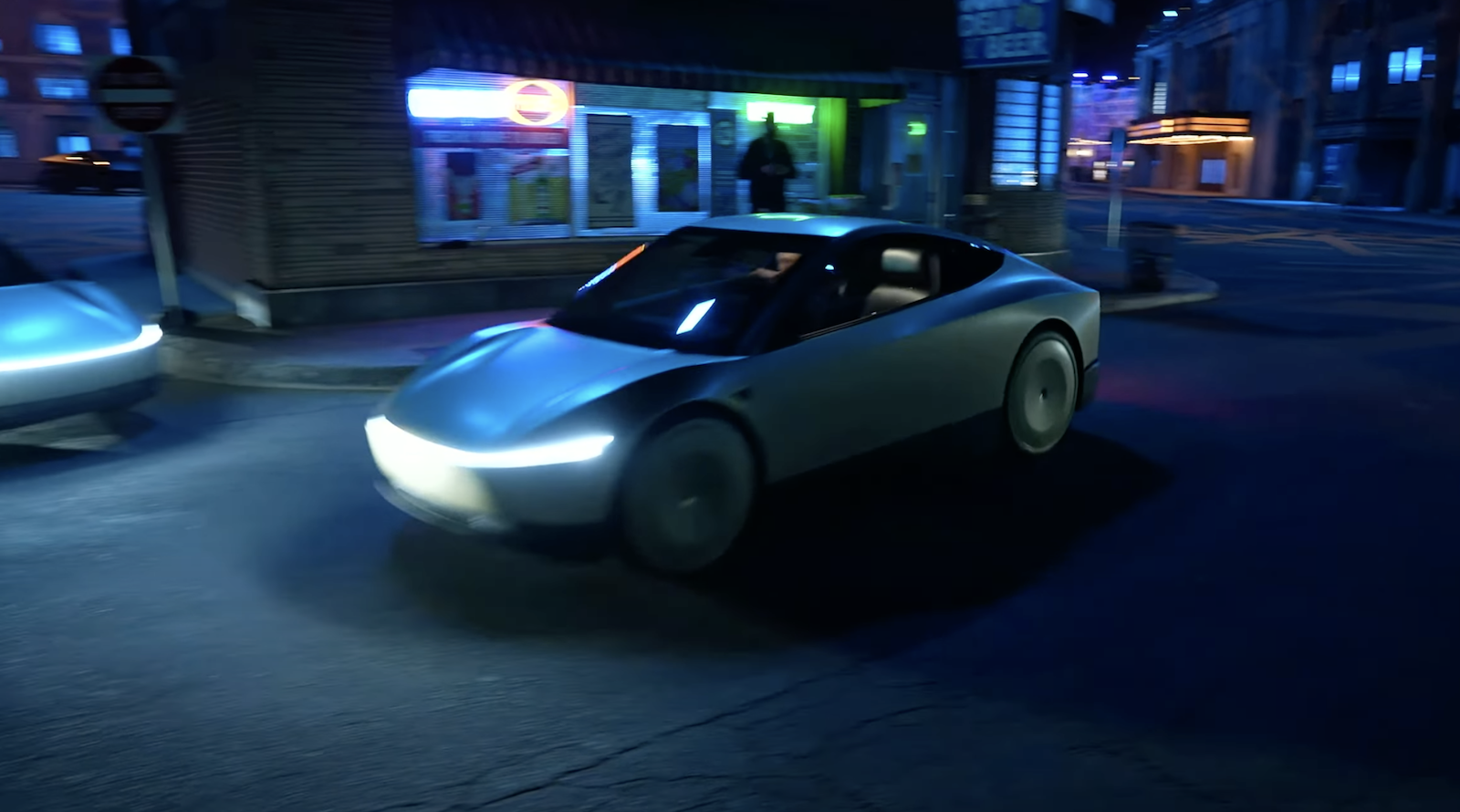
Sign up for daily news updates from CleanTechnica on email. Or follow us on Google News!
In a comment thread on an article yesterday, a reader made an important point. Although there’s a common narrative that a transition to electric vehicles will reduce jobs in the auto industry, the opposite is actually true!
A University of Michigan study published earlier this year found that automotive assembly jobs increased a lot, as much as 10 times, with EV production instead of fossil fuel vehicle production.
“U.S. auto plants producing battery electric vehicles have required a larger workforce than traditional internal combustion engine plants—a finding that runs counter to early predictions about how EVs would impact the industry,” EV Design & Manufacturing writes. “Researchers at the University of Michigan have shown that plants in the ramp-up stages of transitioning to full-scale EV production saw assembly jobs increase as much as 10x. And at one plant studied, now with over a decade of EV production, the number of workers needed to make each vehicle has remained 3x higher.” The study was published in the scientific journal Nature Communications.
Wowza! First of all, perhaps that’s part of the reason why US automaker have struggled to bring EV prices down even while Chinese automakers have drastically cut EV prices. However, on the other hand, that should make EVs very popular among autoworkers! Also, of course, electric vehicles save buyers money when it comes to operational costs (EVs are much more efficient and electricity is cheaper than gasoline). Nonetheless, we need to get upfront prices of EVs down as low as upfront prices of comparably sized and designed gasoline-powered models — because most people only look at the sticker price.
Let’s get back to the study. “There is a shortage of information out there about how the transition is shaping up,” says Anna Stefanopoulou, senior author of the study and the William Clay Ford Professor of Technology at the University of Michigan. “What we’re seeing, with the data that’s available, is that the loss of employment predicted for EVs is not happening.”
Because electric vehicles require approximately 100 fewer parts, there has been an expectation that producing EVs would require about 30% to 40% fewer autoworkers, or about 200,000 jobs in the US. However, so far, that’s not been the case. EV Design & Manufacturing summarizes the reasons given for this by the researchers:
- Investment in the development of new manufacturing technologies, which often requires more labor to improve.
- Higher vehicle complexity. Companies beginning to manufacture EVs usually start out making premium vehicles with the most advanced features and technologies.
- Some manufacturers have consolidated workers in a single, central location to lower costs from outsourcing, a practice known as vertical integration.
That all makes sense. The first two elements do indicate the additional jobs will come down in time. However, as noted above, one factory that’s been producing EVs for more than a decade is still employing about 3 times more people than it would if the factory was producing fossil-fueled vehicles.
It seems that former Ford president and CEO James Hackett kicked off the idea that a transition to EVs would result in 30% fewer jobs back in 2017, and then the claim has just been repeated and repeated and repeated. “It’s a number that has been repeated by a lot of big names in the auto industry,” says Omar Ahmed, a U-M graduate student research assistant and a co-first author of the study. “But if you look closely, no one’s really done the work to look at real plants that have transitioned from building ICE vehicles to building EVs.”
It’s all pretty fascinating, and it goes to show that we have to be careful with assumptions. (A lesson we all should have learned many times in our lives but we routinely ignore.)
You can delve into the research much more here if you want to learn more about how the research was conducted and more specific findings.
Thanks to reader “robert e” for sharing the study in a few comments yesterday.

Chip in a few dollars a month to help support independent cleantech coverage that helps to accelerate the cleantech revolution!
Have a tip for CleanTechnica? Want to advertise? Want to suggest a guest for our CleanTech Talk podcast? Contact us here.
Sign up for our daily newsletter for 15 new cleantech stories a day. Or sign up for our weekly one if daily is too frequent.
CleanTechnica uses affiliate links. See our policy here.
CleanTechnica’s Comment Policy




